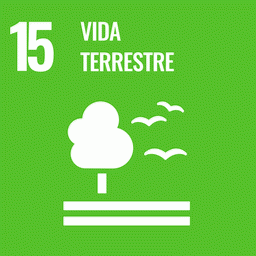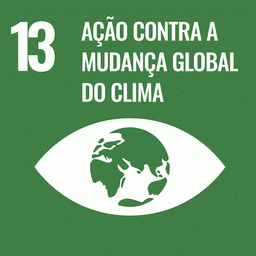Climate change is a global phenomenon that affects biophysical systems and human well-being. The Paris Agreement of the United Nations Framework Convention on Climate Change entered into force in 2016 with the objective of strengthening the global response to climate change by keeping global temperature rise this century well below 2 °C above pre-industrial levels and to pursue efforts to limit the temperature increase even further to 1.5 °C. The agreement requires all Parties to submit their “nationally determined contributions” (NDCs) and to strengthen these efforts in the years ahead. Reducing carbon emissions from deforestation and forest degradation is an important strategy for mitigating climate change, particularly in developing countries with large forests. Extensive tropical forest loss and degradation have increased awareness at the international level of the need to undertake large-scale ecological restoration, highlighting the need to identify cases in which restoration strategies can contribute to mitigation and adaptation. Here we consider Brazil as a case study to evaluate the benefits and challenges of implementing large-scale restoration programs in developing countries. The Brazilian NDC included the target of restoring and reforesting 12 million hectares of forests for multiple uses by 2030. Restoration of native vegetation is one of the foundations of sustainable rural development in Brazil and should consider multiple purposes, from biodiversity and ecosystem services conservation to social and economic development.
However, ecological restoration still presents substantial challenges for tropical and mega-diverse countries, including the need to develop plans that are technically and financially feasible, as well as public policies and monitoring instruments that can assess effectiveness. The planning, execution, and monitoring of restoration efforts strongly depend on the context and the diagnosis of the area with respect to reference ecosystems (e.g., forests, savannas, grasslands, wetlands). In addition, poor integration of climate change policies at the national and subnational levels and with other sectorial policies constrains the large-scale implementation of restoration programs.
The case of Brazil shows that slowing deforestation is possible; however, this analysis highlights the need for increased national commitment and international support for actions that require large-scale transformations of the forest sector regarding ecosystem restoration efforts. Scaling up the ambitions and actions of the Paris Agreement implies the need for a global framework that recognizes landscape restoration as a cost-effective nature-based solution and that supports countries in addressing their remaining needs, challenges, and barriers.

